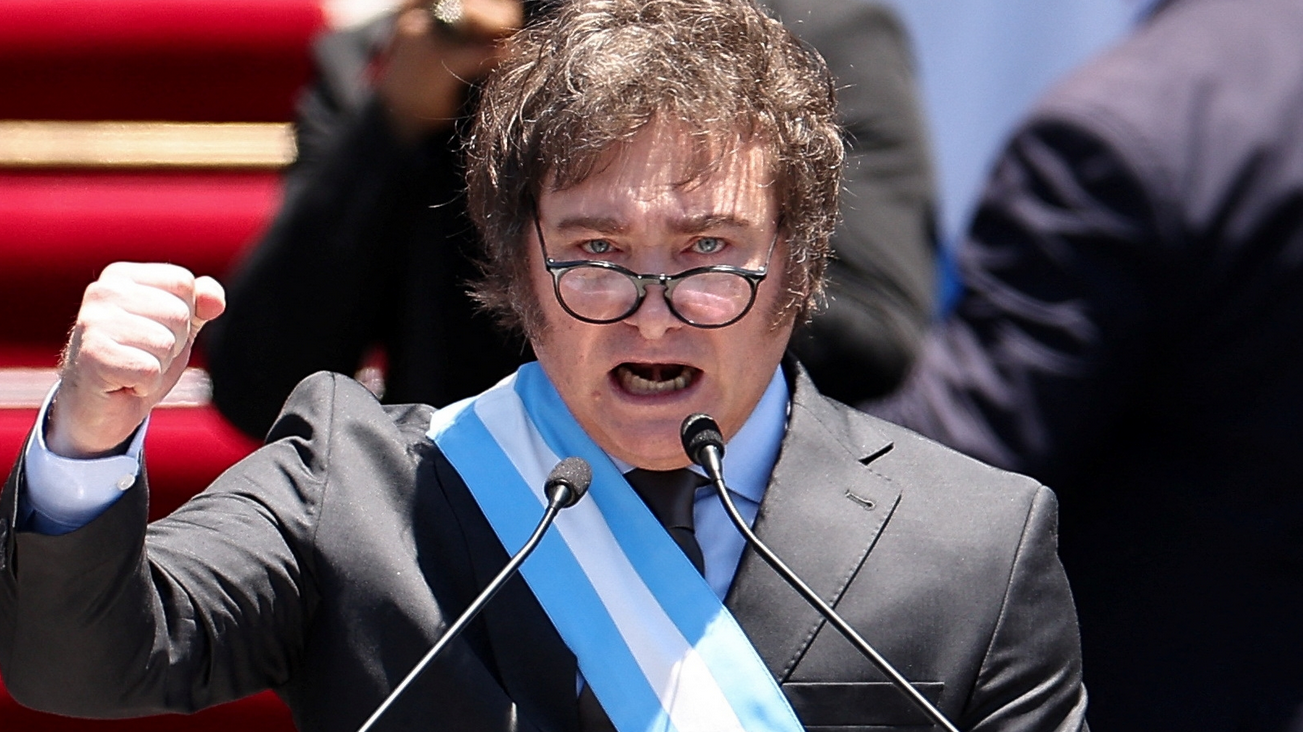Ignacio Teson•Tuesday, January 21, 2025•1 min read
Reading List
Register now to be able to add articles to your reading list.
”
aria-hidden=”true”>
Share in Facebook
“>
Argentina President Javier Milei reaffirmed on Monday his intention to sign a free trade agreement with the United States this year.

He made this statement during a discussion with business leaders as part of his North American tour to attend Donald Trump’s inauguration. Analysts warn that such a move could lead to a rupture with Mercosur and highlight challenges posed by the White House’s protectionist policies. They also point out the lack of economic complementarity between the two countries.
Donald Trump’s return to power has raised expectations within the Argentine government, which in its first year has pursued a foreign policy of automatic alignment with the United States.
Argentina’s Interest
Beyond the global economic challenges—including high tariffs, international inflation, a strong dollar, trade wars, and the energy crisis—Argentina has its own bilateral objectives. Two key economic goals stand out: securing support from the International Monetary Fund (IMF) and signing a free trade agreement.
Regarding the IMF, Argentina’s strategy is clear. The United States is the most influential member of the organization and holds veto power, making it difficult for any decision to pass without its approval. Argentina is seeking additional funds beyond the nearly $45 billion it already owes the IMF—funds it wants quickly and with minimal conditions.
To the surprise of many, President Javier Milei stated late last year that he would pursue a free trade agreement with the United States, something he believes “should have happened 19 years ago.” This week, during his tour of the U.S., he reaffirmed this intention in a meeting with business leaders.
Ignacio Teson
Economist and Financial Analyst
Ignacio Teson is an Economist and Financial Analyst. He has more than 7 years of experience in emerging markets. He worked as an analyst and market operator at brokerage firms in Argentina and Spain.
Comments





















Inline Feedbacks
View all comments